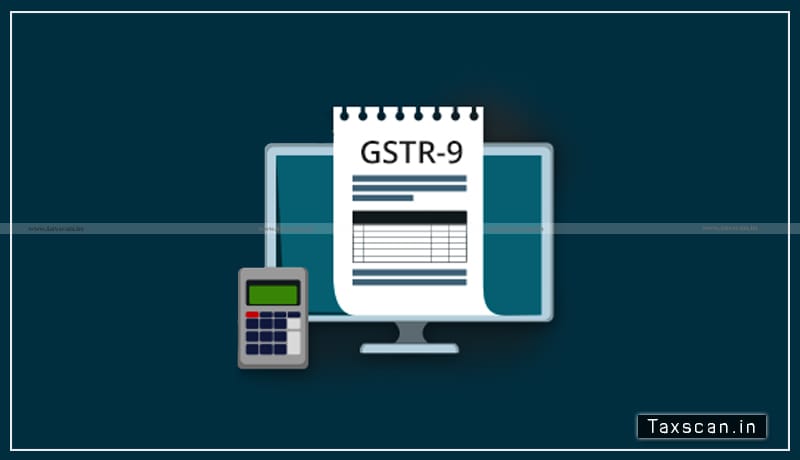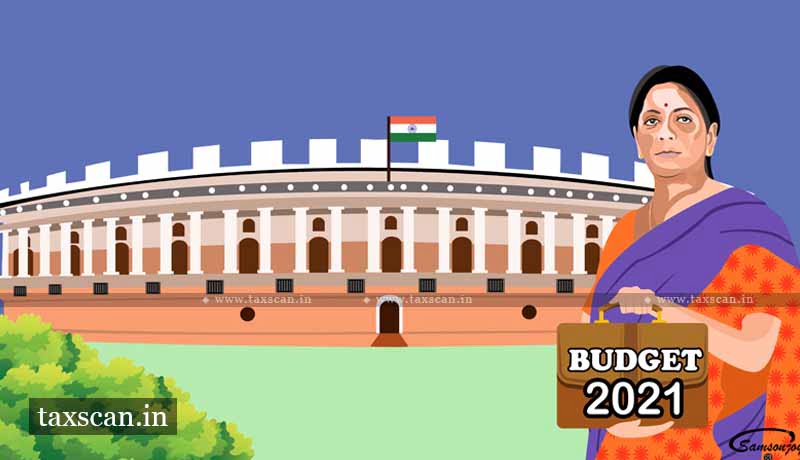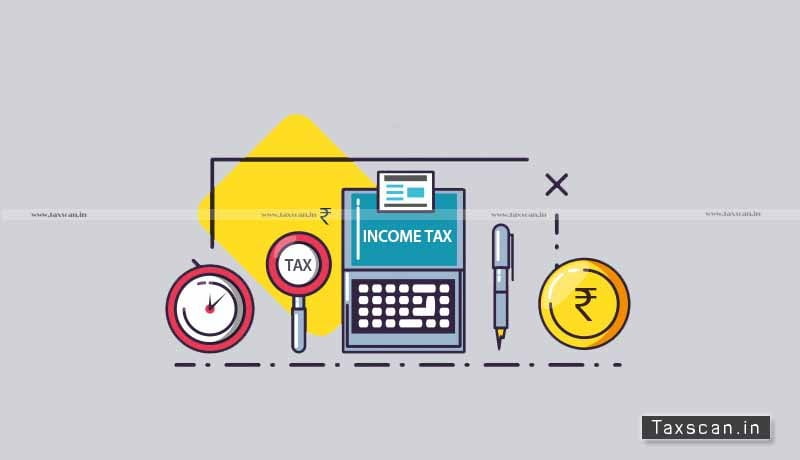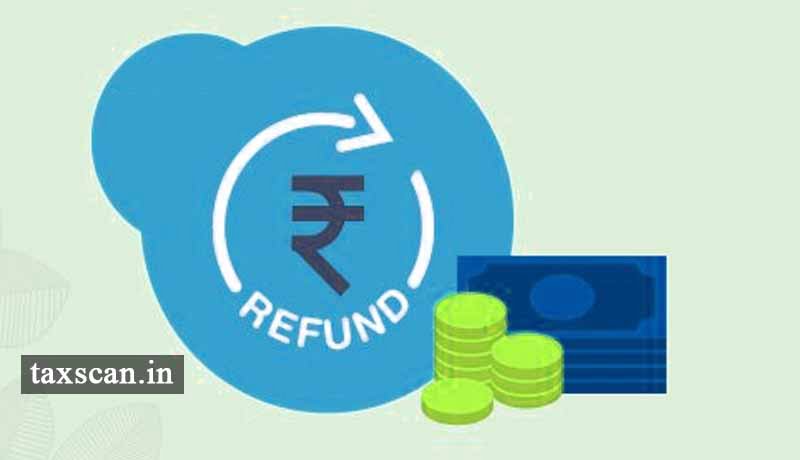Earnings Tax: Right here’re the methods during which your Dad and mom, Spouse and Youngsters can assist you Save Tax
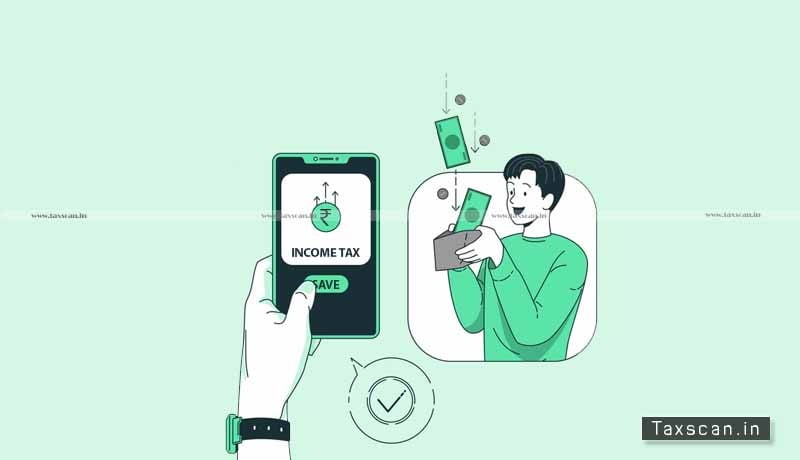
Relating to your earnings taxes, sure cash heads could be related to particular members of the family in a manner that will get you tax breaks. Your loved ones members can show instrumental in offering you monetary advantages.
Paying taxes on our hard-earned cash is a ache. Individuals usually hold on the lookout for concepts to assist them save on taxes. Whereas there are a lot of devices via which one can save taxes like investments in life insurance coverage, Public provident fund, superannuation fund, Mutual Funds SIP and extra, a few of these could not yield a very good return.
Who doesn’t wish to avail the legalised alternative in the case of tax saving, Part 80C is among the many in style go-to avenues to avail exemption on investments. When you’ve got exhausted all choices in your private capability, then your dad and mom, kids and partner can assist you cut back your tax legal responsibility.
Let’s have a look at a number of the methods during which your dependents can assist you save taxes.
- Buy Medical insurance on your dad and mom, spouse and kids
Medical insurance is a necessity that may additionally assist you save taxes. Usually, it can save you tax on medical health insurance premium for a most of Rs 1 lakh in case you and your dad and mom are above the age of 60 years.
Below part 80D of the Earnings tax act, a deduction could be claimed for medical health insurance premiums together with preventive healthcare check-up prices for your self, partner and your kids.
Additional, for those who purchase medical health insurance on your dad and mom, you will get an extra deduction out of your earnings in case your dad and mom are senior residents. This fashion you will get tax-saving deduction advantages as much as Rs.75,000.
- Dependents with illness or incapacity
The deduction underneath part 80DD of the earnings tax act is allowed to Resident People or HUFs for a dependant-who is in another way abled and is wholly depending on the person (or HUF) for assist and upkeep.
Nonetheless, it’s topic to varied situations specifically deduction is allowed for a dependent of the taxpayer and never the taxpayer himself. The taxpayer just isn’t allowed this deduction if the dependent has claimed a deduction underneath part 80U for himself/herself. Dependent within the case of a person taxpayer means partner, kids, dad and mom, brothers & sisters of the taxpayer. In case of a HUF means a member of the HUF. The taxpayer has incurred bills for medical therapy (together with nursing), coaching & rehabilitation of the in another way abled dependant or the taxpayer could have deposited in a scheme of LIC or one other insurer for upkeep of the dependant. Incapacity of the dependent just isn’t lower than 40%. Incapacity is as outlined underneath part 2(i) of the Individuals of Disabilities Act, 1995.
When the situations are met, the quantity of deduction allowed is Rs 75,000 (Ranging from the monetary yr 2015-16) the place incapacity is greater than 40% and fewer than 80%. Rs 1,25,000 (Ranging from the monetary yr 2015-16) the place incapacity is greater than 80%. These deductions are allowed no matter your precise expenditure.
- Paying hire to your dad and mom
By submitting hire receipts and paying it, it is possible for you to to say exemption on Home Lease Allowance (HRA). Your dad and mom can deduct property taxes and likewise declare 30% normal deduction on the rental earnings. If they’re in a decrease tax bracket than you, the household can save tax as an entire. If they’re greater than 60 years previous, they may even take pleasure in the next minimal earnings exemption restrict (Rs.3 lakh for individuals who are aged above 60 years previous and Rs.5 lakh for individuals who are aged above 80 years previous). In case they don’t have any taxable earnings, it is possible for you to to save lots of vital tax as a household.
For instance, 22-year-old Prashant lived in Dwarka, New Delhi together with his dad and mom. His workplace was in Gurgaon and he commuted each day to his workplace from Dwarka. Aditya had just lately began working, and his employer requested for tax saving declarations for FY 2018-19 to calculate TDS on wage. Prashant’s colleagues who lived in Gurgaon in PG lodging had been submitting hire receipts to say HRA. HRA is paid to them as a part of their wage. Prashant can declare HRA by paying the hire to his dad and mom. Nonetheless, hire paid to Prashant’s father should be included in his father’s complete earnings.
- Paying Tuition Payment on your Youngsters
A mum or dad can declare a deduction on the quantity paid as tuition charges to a college, school, college or another academic establishment. Different elements of charges like improvement charges and transport charges usually are not eligible for deduction underneath Part 80C.
The utmost deduction on funds made in direction of tuition price could be claimed for as much as Rs 1.5 lakh along with the deduction with respect to insurance coverage, provident fund, pension and so on. in a monetary yr.
- Training Mortgage
An schooling mortgage helps you not solely finance your overseas research however it could possibly prevent numerous tax as effectively. When you’ve got taken an schooling mortgage and are repaying the identical, then the curiosity paid on that schooling mortgage is allowed as a deduction from the whole earnings underneath Part 80E. Nonetheless, the deduction is supplied just for the curiosity a part of the EMI.
Solely a person can declare this deduction. It’s not accessible to HUF or another type of taxpayer. The mortgage needs to be taken for the upper schooling of self, partner or kids or for a pupil for whom the person is a authorized guardian. Dad and mom can simply declare this deduction for the mortgage taken for the upper research of their kids.
- Buy property with partner
Buying a joint property along with your partner attracts earnings tax benefits. Your mortgage eligibility robotically will increase when your partner turns into co-owner of your property. It resultantly extends the tax advantages for each spouse and husband for the curiosity on the capital that has been borrowed. Nonetheless, the husband and spouse each can not declare the identical quantity; therefore they’ve to separate the identical. The same is the case with hire of the property that’s co-owned, it’s taxable for each husband and spouse however in the identical ratio during which the property is co-owned between them. In case your partner and you haven’t talked about the share within the property, then the share is split equally for taxation to supply higher effectivity to common the slabs of tax.
- Make investments cash within the title of your dad and mom
In case your dad and mom fall within the non-taxable or decrease tax bracket, put money into their names by gifting them cash. Financial presents to particular kinfolk usually are not taxable. The sum could be invested in a spread of choices such because the Senior Residents’ Saving Scheme, submit workplace or different tax-saving schemes and even the favored financial institution FDs. Senior residents are allowed tax exemption of as much as Rs 50,000 on curiosity earnings from saving or mounted deposits in any financial institution, submit workplace or cooperative, vs the Rs 10,000 for non-senior residents. Even when curiosity exceeds the exemption restrict, their tax legal responsibility will nonetheless be a lot decrease than yours. Word that the tax-exempt restrict for residents under 60 years is Rs 2.5 lakh, however for senior residents above 60 years, it’s Rs 3 lakh, and for senior residents above 80 years, it’s Rs 5 lakh.
Case Legal guidelines
- The ITAT within the case of Shri Krishnappa Jayaramaiah v. Earnings Tax Officer held that the quantity invested in buy of home in daughter’s title is eligible for exemption underneath part 54F.
- Within the case of CIT Vs. Natarajan whereby it was held that the assessee has bought a property within the title of his spouse, the Court docket held that the assessee can be eligible for exemption u/s. 54F of the Act.
Assist our journalism by subscribing to Taxscan AdFree. We welcome your feedback at information@taxscan.in
Let’s block advertisements! (Why?)
